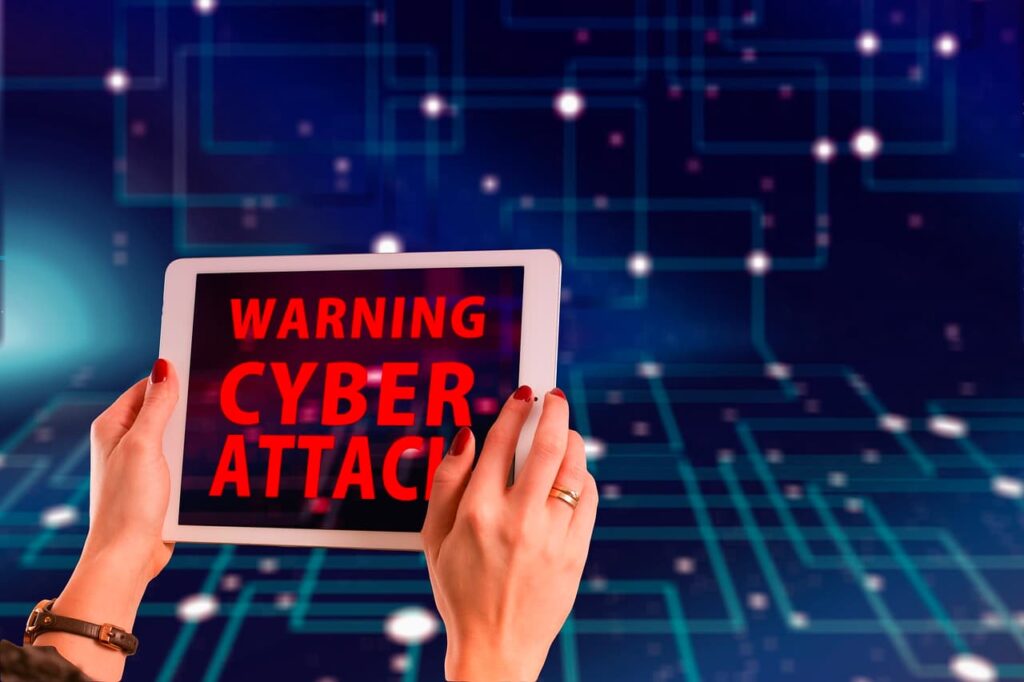In an era characterized by digital connectivity and data-driven living, personal information has evolved into a precious asset. Our increasing reliance on technology and the prevalence of data-sharing practices have rendered personal data more vulnerable than ever before. Consequently, it is imperative to acknowledge the pivotal role that cybersecurity plays in safeguarding personal information.
The Digital Revolution and Personal Data
In the era of the Internet, where even $1 deposit online casino NZ platforms are thriving, the digital age has transformed the way we live, work, and communicate. It has introduced unparalleled convenience while simultaneously fostering an unprecedented exchange of personal data. From our social media interactions to online shopping preferences, our lives have become intricately intertwined with digital footprints. This vast reservoir of personal data holds immense value, not just for individuals but also for organizations seeking insights for marketing, decision-making, and innovation.
Vulnerabilities in Personal Data Security
Nowadays personal data faces an array of threats. Terms like hacking, phishing, and data breaches have become commonplace in our digital lexicon. Hackers and cybercriminals perpetually seek vulnerabilities to exploit, putting the privacy and security of individuals and organizations at risk. The scale of this issue is staggering, with millions of data records compromised each year, resulting in financial losses and emotional distress for victims.
The Real-World Impacts of Data Breaches
Data breaches are not mere theoretical cyber threats; they carry tangible consequences. Victims of data breaches often suffer financial losses as hackers utilize stolen data for fraudulent activities. Identity theft, one of the most egregious outcomes, can take years to rectify. Moreover, the emotional toll of breached privacy cannot be overstated. Organizations that fail to adequately protect customer data face severe penalties, including damage to their reputation and legal repercussions.
The Crucial Role of Cybersecurity
Cybersecurity stands as the first line of defense against the perils of the digital age. Its core encompasses methods and techniques designed to shield digital systems and data from unauthorized access, damage, or theft. Cybersecurity is not solely a concern for businesses; it is equally pertinent for individuals. Safeguarding personal information is a shared responsibility, and cybersecurity measures serve as a bulwark against an array of cyber threats.
Essential Components of Cybersecurity
A robust cybersecurity strategy comprises several essential components. Robust and unique passwords, up-to-date software, and reliable antivirus programs are prerequisites. Even in the event of data interception, encryption technology ensures that the information remains unintelligible to unauthorized parties. Implementing two-factor authentication adds an additional layer of security, making it significantly more challenging for fraudsters to breach important accounts.

Practical Measures for Personal Cybersecurity
Every individual can implement practical cybersecurity safeguards. Creating complex, unique passwords and periodically changing them is a simple yet effective practice. Additionally, utilizing trusted antivirus software and firewalls helps guard against malware and other threats. Adopting secure internet browsing habits, such as recognising and rejecting phishing efforts, can also aid in the prevention of data breaches and fraud.
The Evolving Landscape of Cyber Threats
Cyber risks are in a perpetual state of evolution. Cybercriminals continually adapt and devise new strategies, underscoring the importance of staying informed about emerging threats. Recent cybersecurity challenges include ransomware attacks, wherein hackers encrypt data and demand a ransom for its release, and vulnerabilities in Internet of Things (IoT) devices.
The Shared Responsibility of Individuals and Organizations
Cybersecurity is a group effort. Individuals must take proactive steps to safeguard their personal information, acknowledging that their digital acts have consequences. Businesses and organizations must take strong cybersecurity measures at the same time to protect customer information and maintain confidence. A collaborative effort is required to create a more secure digital environment.
In Conclusion
In the digital age, personal data has become a valuable currency that must be safeguarded. Personal information security is not an option, but rather a requirement. Cybersecurity serves as a shield to protect vital resources from the never-ending barrage of cyber threats. As we navigate the digital landscape, we can defend our digital identities and the trust that supports our linked world by vigilance and quick action in preserving our data, as well as increasing knowledge of cybersecurity’s critical role.

